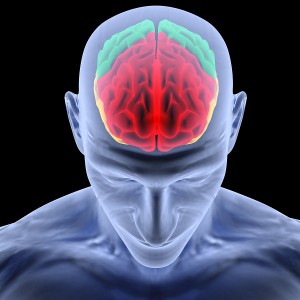Cognitive Functioning Impacts Health, Life. Better Monitoring Emerges as Critical
 New Research Links Mild Cognitive Impairment (MCI) to Increased Isolation and Risk of Death (AAIC press release):
New Research Links Mild Cognitive Impairment (MCI) to Increased Isolation and Risk of Death (AAIC press release):
- “Two studies presented today at the Alzheimer’s Association International Conference® 2012 (AAIC® 2012) in Vancouver provide evidence of connections between mild cognitive impairment (MCI) and negative health outcomes – increased isolation and death.”
— “Cognitive impairment of any kind is serious, and requires increased medical and personal attention,” said Ronald Petersen, PhD, MD, a member of the Alzheimer’s Association Board of Directors. “These studies validate the challenges of people living with MCI and their families and speak to the need for physician education to better manage their cognitive impairment and its broader impact on a person’s physical, mental and social health.”
— “In our study, amnestic MCI was associated with a doubling of the risk of death,” Katz said. “Those people with other types of non-memory thinking difficulties were not at higher risk for mortality.”
— “This further supports the benefits of early detection and monitoring of cognitive impairment, not only in possibly preventing Alzheimer’s dementia, but also for prolonging life,” Katz said.
— “An early sign of developing dementia may be decreased levels of activity and withdrawal from the world at large. Jeffrey Kaye, MD, and colleagues at Oregon Health & Science University, Portland, used new technologies – including small activity or motion sensors placed in the rooms of the home and contact sensors on key doors – to assess whether people with MCI spend less time out of their homes as their condition progresses over time.”
Related articles:
- From Anti-Alzheimer’s “Magic Bullets” to True Brain Health
- Dr. Holly Jimison on Cognitive Health Coaching: A Home-based Approach to Cognitive Monitoring and Intervention
- Should Hospitals Monitor, and Work to Maintain, Patients’ Cognitive Function?
- New & Excellent Review of Computerized Cognitive Training with Older Adults


